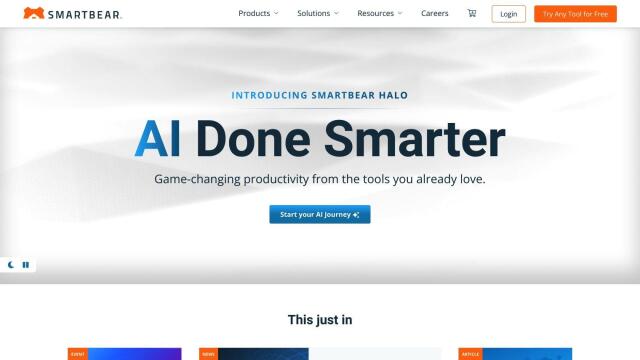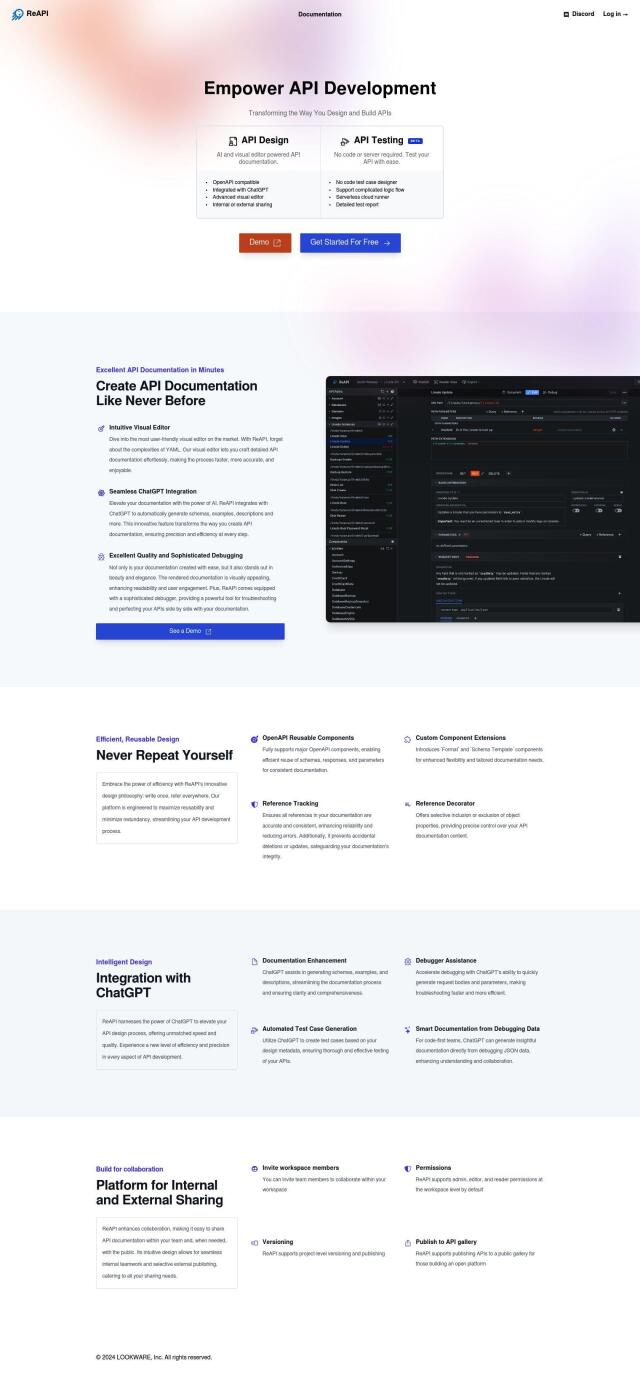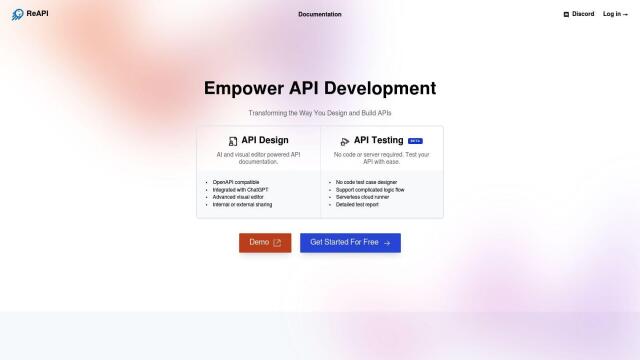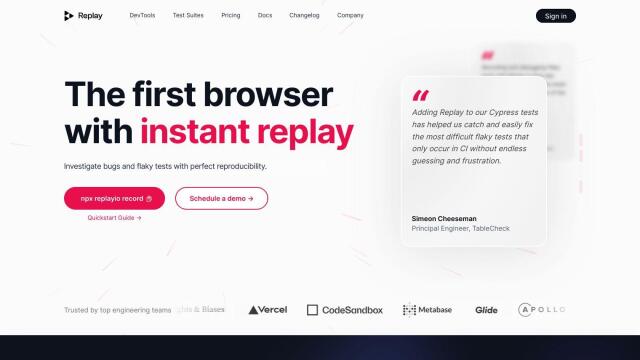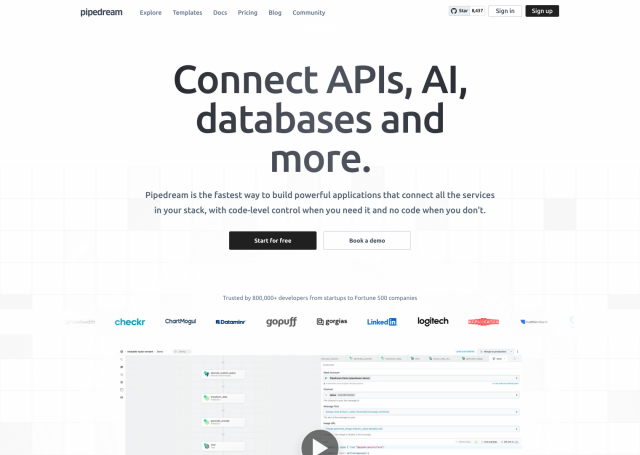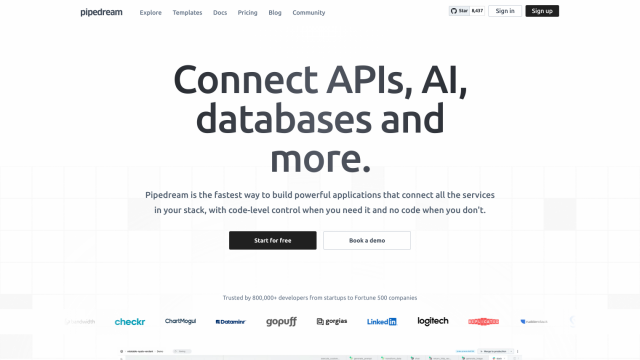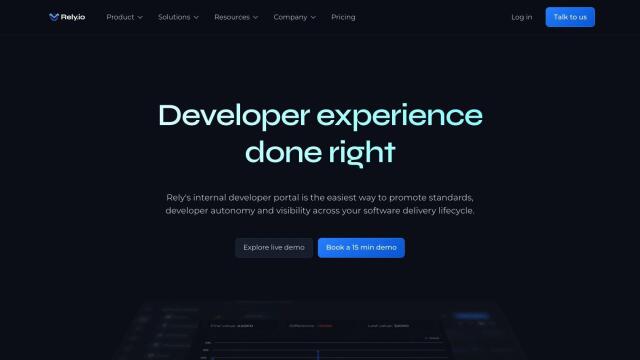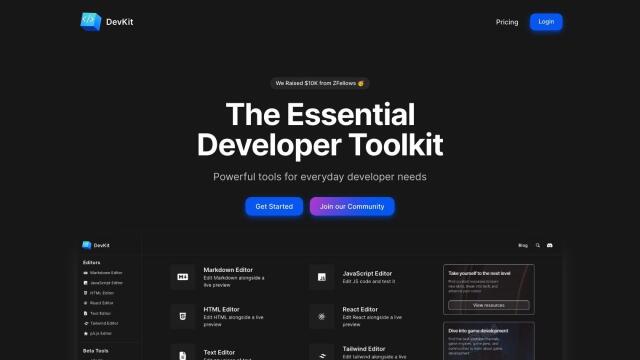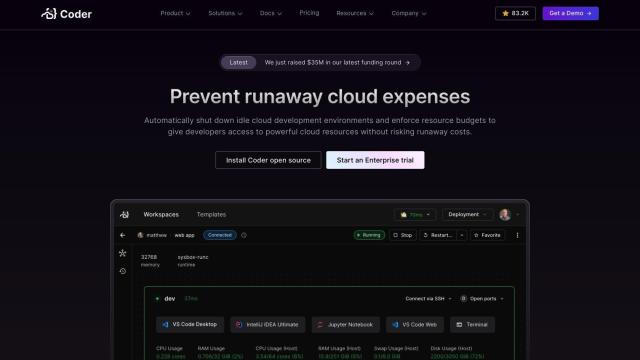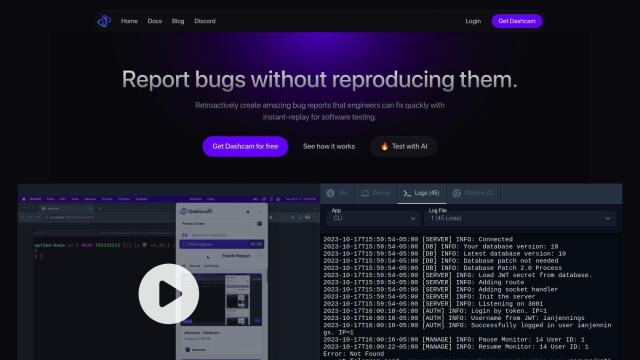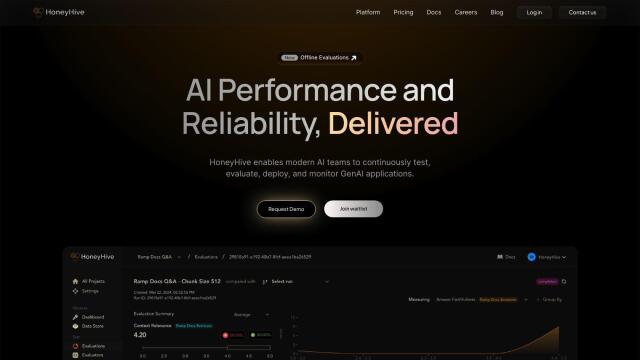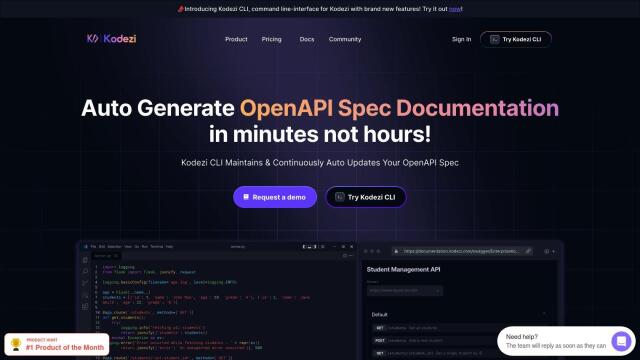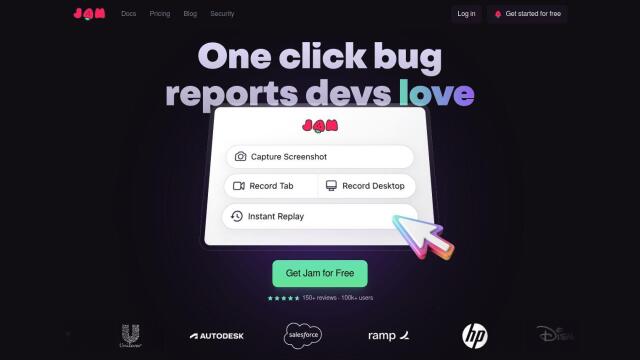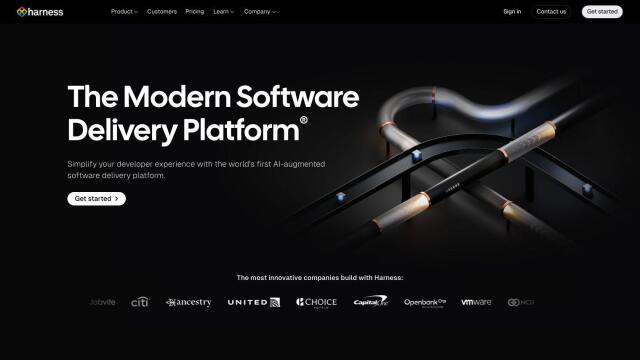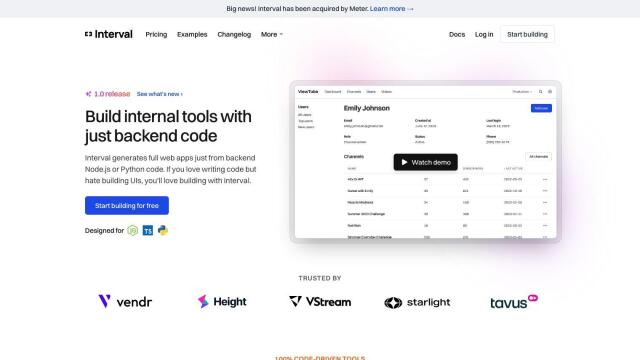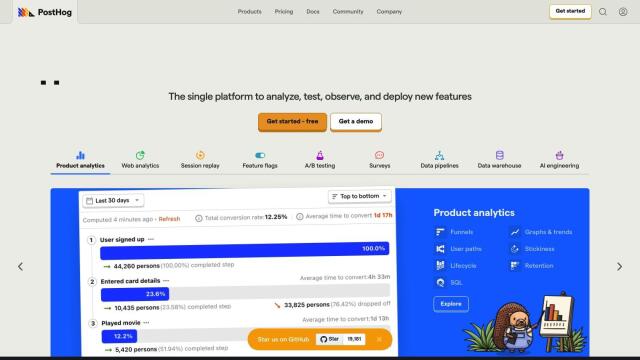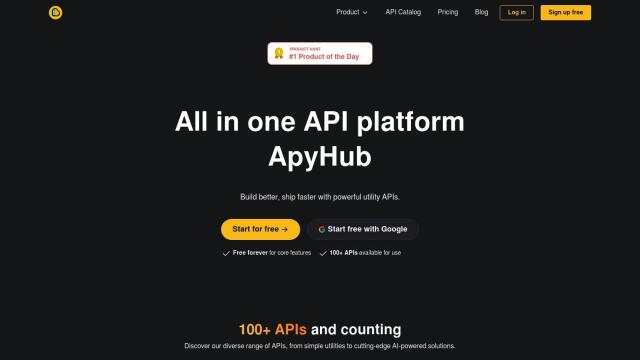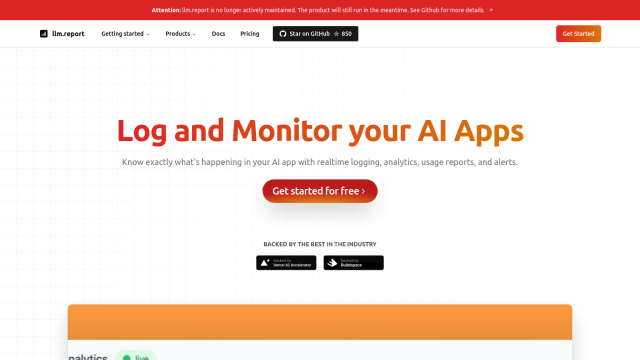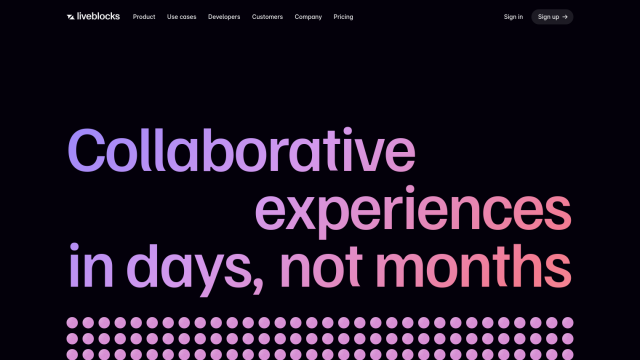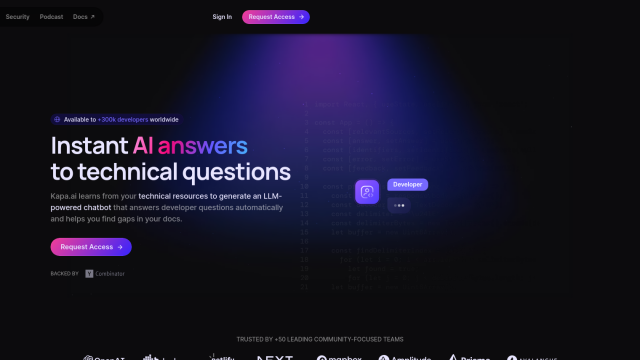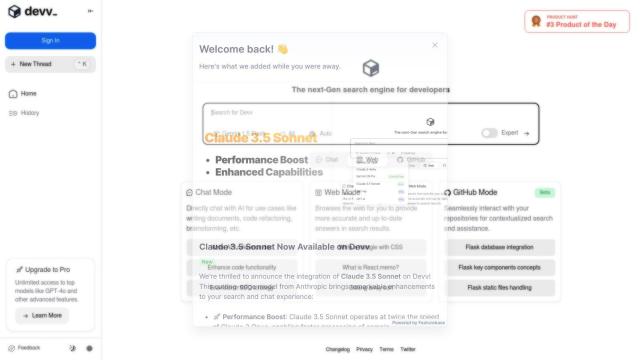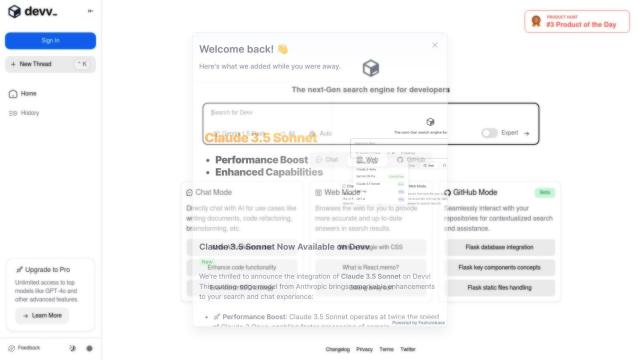Question: I'm looking for a service that allows me to create a custom developer hub with real-time API logs and debugging tools.

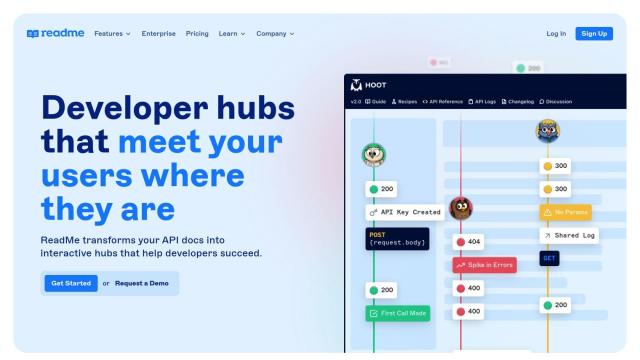
ReadMe
If you need a service that lets you build a custom developer hub with real-time API logs and debugging tools, ReadMe is a good option. It converts static API documentation into interactive, real-time developer hubs with tutorials, code examples and API logs that can help developers debug and get data-driven insights. The service has a variety of features, including public and private hubs, OpenAPI synchronization, GraphQL support and real-time API logs, and several pricing tiers to accommodate different users.

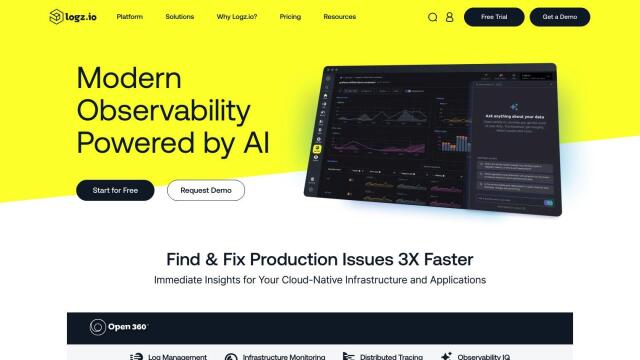
Logz.io
Another good option is Logz.io, a modern observability platform that uses tools like OpenSearch, Prometheus and OpenTelemetry to gather logs, metrics and trace data. It helps you identify and resolve production problems with high-performance log analytics and centralized metrics monitoring. Logz.io also has AI-based features like anomaly detection and alert recommendations, support for more than 300 cloud platforms and applications, and flexible pricing based on the amount of data ingested.

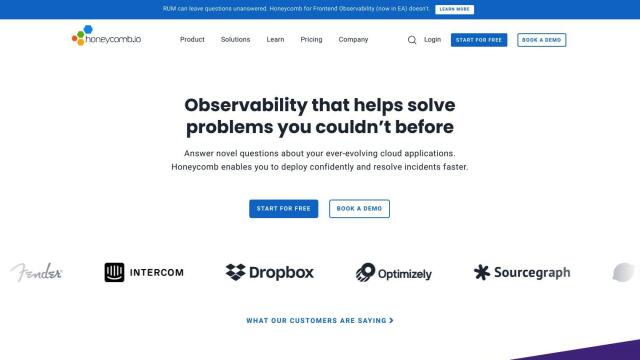
Honeycomb
If you want a more complete observability tool, check out Honeycomb. The service lets teams quickly identify the source of problems in distributed services by linking logs and metrics into a unified workflow. It has features like distributed tracing, smart data sampling, debuggable Service Level Objectives (SLOs) and tools like BubbleUp for anomaly detection and Service Map for visualizing interdependent services. Honeycomb's pricing is based on event volume, so it can grow with you as your team expands.

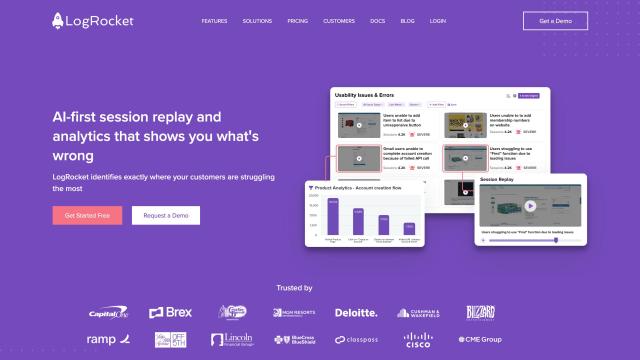
LogRocket
Last, LogRocket is worth a look for its AI-powered platform that combines session replay, product analytics and error tracking. It can help you identify and fix technical and user experience problems by surfacing high-impact problems and offering tools like heatmaps, conversion funnels and frontend performance monitoring. LogRocket supports a variety of technologies and offers several pricing plans for different users.

